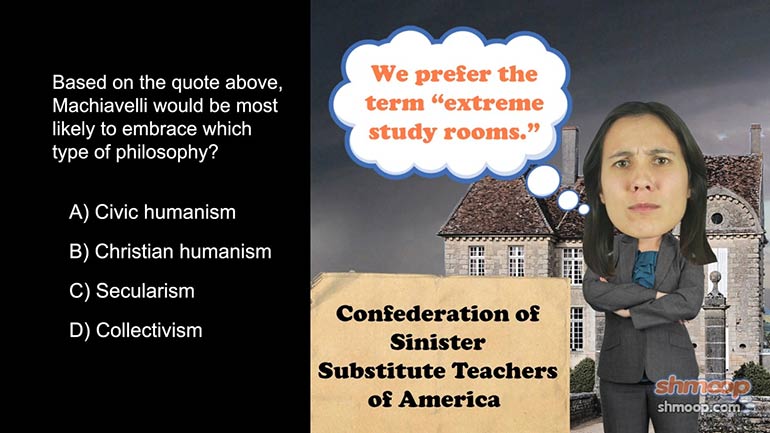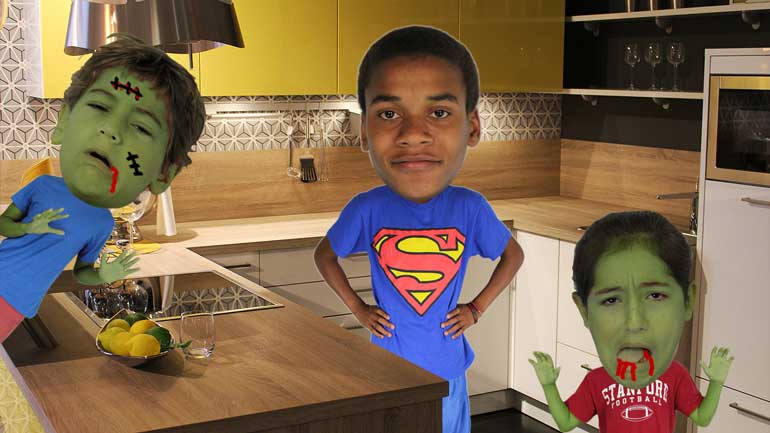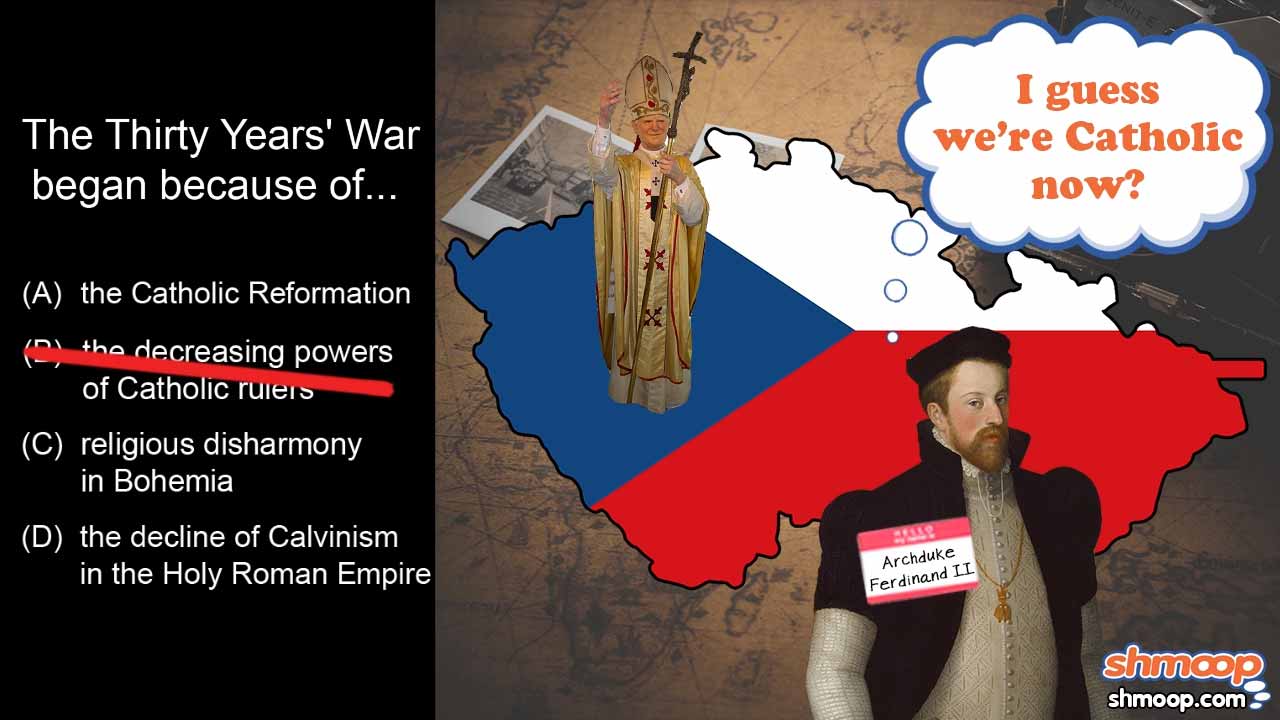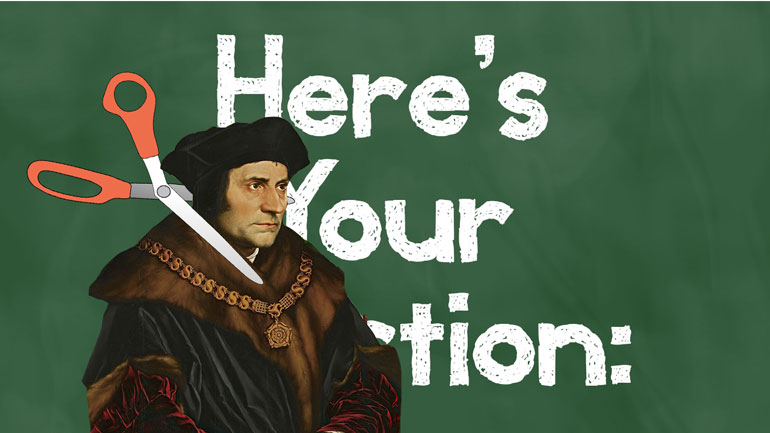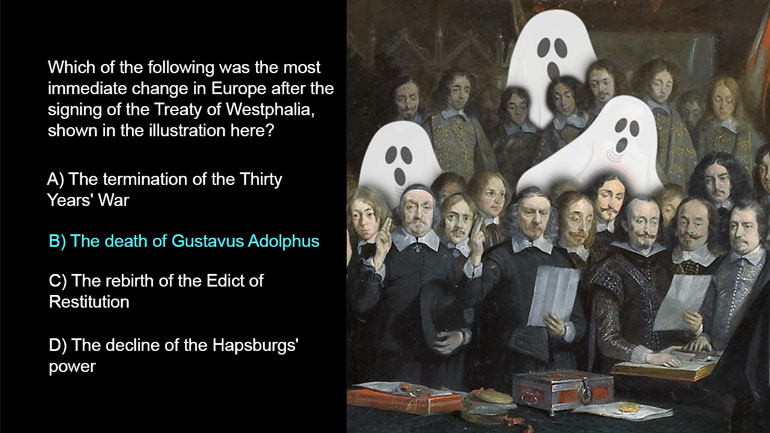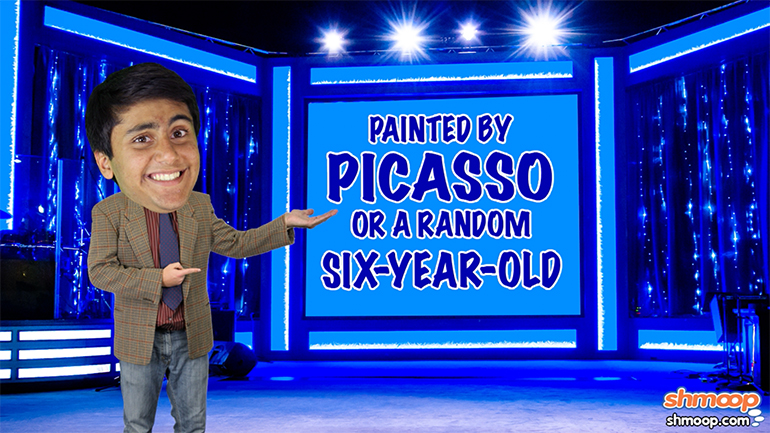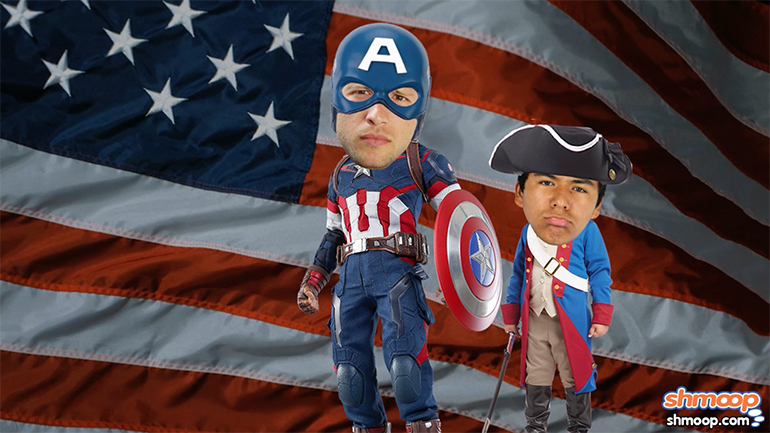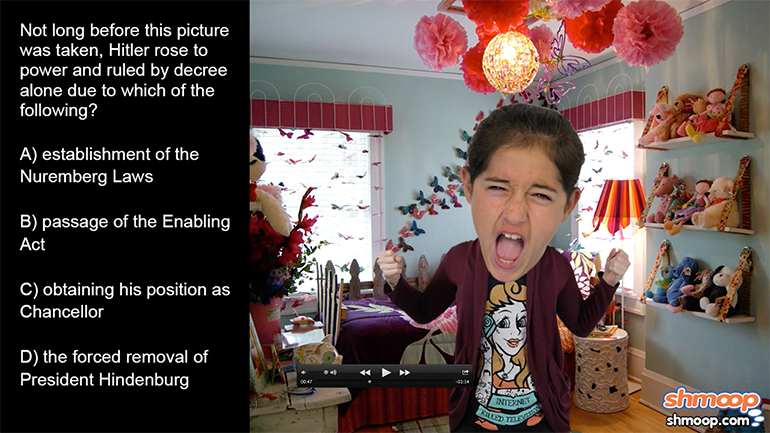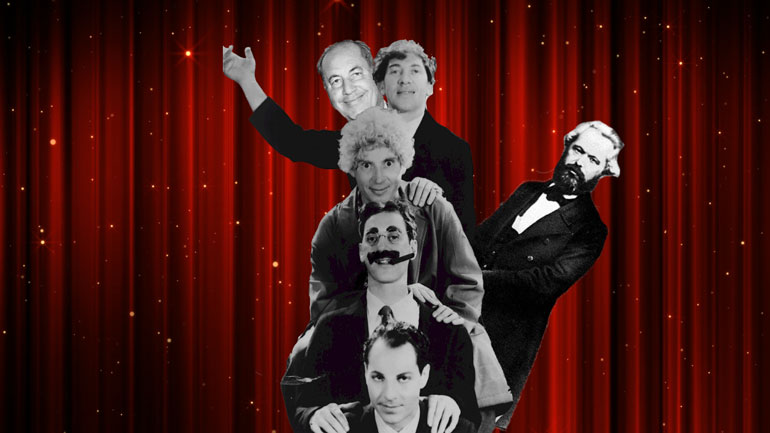ShmoopTube
Where Monty Python meets your 10th grade teacher.
Search Thousands of Shmoop Videos
Period 1: 1450-1648 Videos 10 videos
AP European History 1.1 Period 1: 1450-1648. Based on the quote, Machiavelli would be most likely to embrace which type of philosophy?
AP European History 1.2 Period 1: 1450-1648. Where would somebody who embraced this philosophy most likely have lived during the Renaissance?
AP European History 1.4 Period 1: 1450-1648 68 Views
Share It!
Description:
AP European History 1.4 Period 1: 1450-1648. Erasmus would most likely agree with Machiavelli that what?
Transcript
- 00:00
Thank you We sneak in and here's your shmoop du
- 00:05
jour brought to you by misinterpreted aggression Like when your
- 00:09
little brother misinterpreted that swirly you gave him as aggression
- 00:12
Come on Can't a guy shows love via the toilet
- 00:16
Are traveling passes Thank you mak e a valley between
Full Transcript
- 00:19
the question love feared and something printed billing Okay well
- 00:24
here's our question he rasmus would most likely agree with
- 00:28
machiavelli that what And here a potential answers ready Well
- 00:35
just from looking at portrait of the two thinkers we
- 00:37
could probably conclude that they both agreed that gigantic pillowy
- 00:41
sleeves were highly fashionable at the time and that smiling
- 00:44
was for squares But we're looking for one of the
- 00:47
four answers provided so well let's just get to it
- 00:50
it can quickly be eliminated as neither author ever advocated
- 00:53
for the elimination of the church In fact erasmus would
- 00:56
be the first guy you'd find there because well he
- 00:59
loved it back The guy was called the crowning glory
- 01:01
of the christian humanists which means he was basically like
- 01:05
the michael phelps of christian humanism at the time he
- 01:08
rasmus did tend to focus on corruption but we know
- 01:11
from the passage that machiavelli focused on other things namely
- 01:15
how to become a strong and powerful leader and while
- 01:17
becoming a strong leader by way of instilling fear onto
- 01:20
the masses might be considered a tiny bit corrupt It
- 01:23
does make for an entertaining movie plot line on that
- 01:26
being said he doesn't fit but despite that neither of
- 01:29
them said the dictator's air necessarily evil More specifically they
- 01:33
didn't believe that dictators had to be evil to be
- 01:35
effective Just because something is scary doesn't make it necessarily
- 01:39
evil like your grandma's so called famous tuna casserole terrifying
- 01:43
certainly evil Well only time will tell one thing they
- 01:47
all agree on that writing can be misinterpreted as aggression
- 01:50
even though neither of the two ever actively opposed the
- 01:54
church The very fact that they focused on humanity got
- 01:57
them into some trouble with the catholic church who put
- 02:00
both of their books on the index of forbidden books
- 02:03
list But they're not alone Many churches tried to ban
- 02:07
the harry potter series seriously So either being banned by
- 02:10
the church isn't that big of a deal or harry
- 02:13
potter is actually an evil satanic texts that will one
- 02:16
day turn an entire generation of children into devil worshippers
- 02:20
But if that means we'd finally get to play some 00:02:21.853 --> [endTime] quidditch way probably be okay with it What
Related Videos
AP European History Period 1: 1450-1648 Drill 2, Problem 1. As a result of the meeting in the image, which of the following occurred?
AP European History Period 3: 1815-1914 Drill 2, Period 1, Les Demoiselles d'Avignon represented the beginning of which of the following art m...
AP European History Period 3: 1815-1914 Drill 2, Problem 4. Paintings like the one depicted above were a direct reflection of what?
AP European History 1.2 Period 4: 1914-Present Not long before this picture was taken, Hitler rose to power and ruled by decree alone due to which...
AP European History 1.4 Period 3: 1815-1914. As evidenced through the passage above, Karl Marx was a passionate leader and is considered the father...

